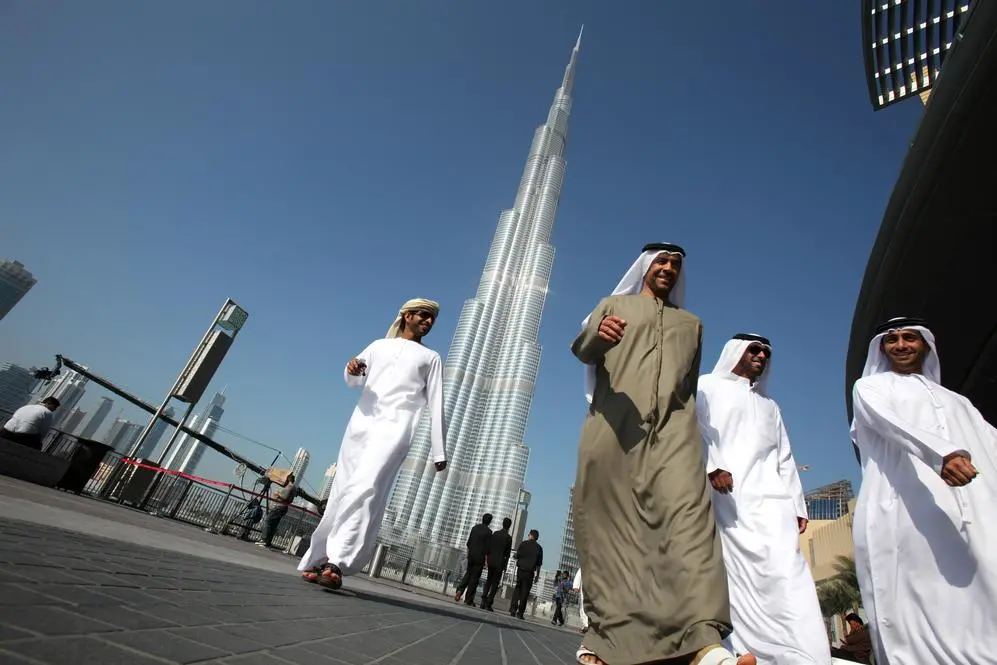PHOTO
At 64, Nobel Laureate Shuji Nakamura's face glows luminously when he talks about his 1993 invention that revolutionised lighting in the 21st century.
Even two and a half decades after he developed a blue light-emitting diode (LED), for which he shared the 2014 Nobel Prize in Physics with two others, Nakamura says its possibilities are limitless.
"Now, LED is used only for lighting. In future, it will be called the smart lighting. In some more years, we will see LED being used for communication. Now we have Wifi. But LED is a technology that can be used for high-speed Internet and we will call it Life-fi. LED lighting can put any kind of sensor like smoke detector inside it. You can even put a CCTV camera on LED lights, and watch what is going on inside your house, by using a smart phone," the Nobel Laureate waxed eloquent. He was speaking to Khaleej Times on the sidelines of the Abu Dhabi Sustainability Week that was officially opened in the UAE capital on Monday.
Commenting on today's educational system, the prize winner said the younger generation have no time to innovate. "The education system, especially in Asia, is worse. The only priority is to score marks and get into the top universities. Students are bogged down under pressure to mug up everything to score marks; they have no time to think and innovate.
"But I see positive changes in the UAE. It is a great example that a young nation like the UAE is investing in sustainability and teaching its young generation to be innovators.
"I am happy to have won the award because this prize is given for sustainability. It is a recognition for my invention in reducing energy consumption. That is the most important topic now. Everyone is talking about finding sustainable solutions," said Nakamura.
"Global warming is a reality. And the best way to deal with it is to reduce our energy consumption. That is what LED did years ago."
Nakamura left Japan for the US in 2000 due to a bitter patent war with his then employer Nichia; he sued the company for not sharing the profits of his invention. He eventually won a favourable court settlement. But the bitterness still lingers in his words.
"They paid me $8 million in a legal settlement. But when I look back, I still feel bad at the way I was treated," said Nakamura, who is now an American citizen.
anjana@khaleejtimes.com
Copyright © 2017 Khaleej Times. All Rights Reserved. Provided by SyndiGate Media Inc. (Syndigate.info).





















